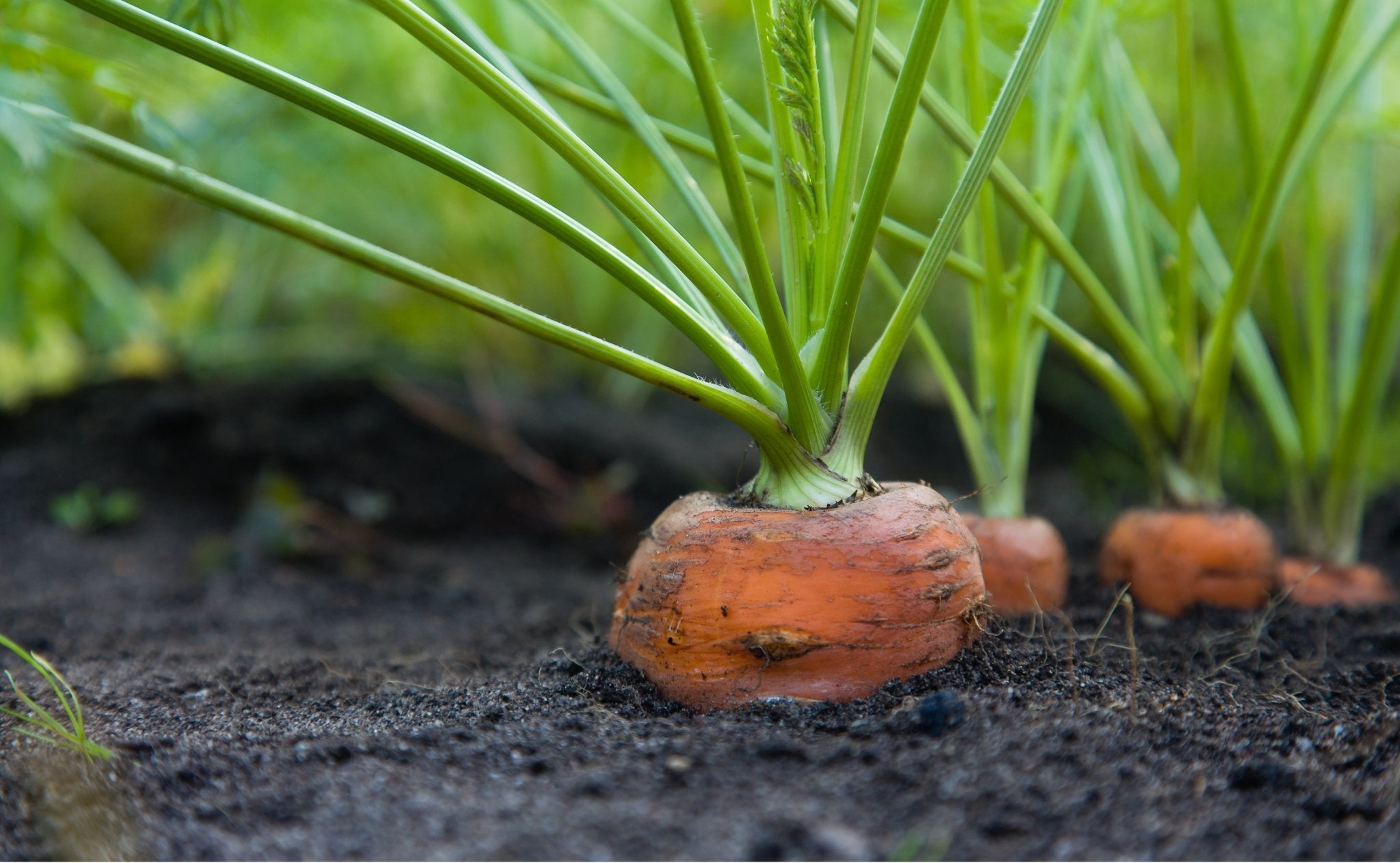
Why Organic Food Is More Sustainable
Sustainability and the environment are top of mind for many today. Issues like smog, rising global temperatures, water pollution, and oodles of plastic waste have many concerned. Many people also question how their food is grown whether through conventional or organic means —and if it’s grown sustainably or not. Organic food offers a more sustainable, long term solution for 4 main reasons:
Soil and water pollution are two major problems today, and non-organic food production is surely a big part of this problem. According to the Food and Agriculture Organization of the United Nations (UN FAO), about 1/3 or the world’s soil has already been degraded because of “chemical heavy” farming techniques, and deforestation, which increases erosion and global warming.
It’s no secret that our wildlife is under threat because of chemical agricultural practices. A recent study found that birds in France, for example, have declined by a third in the past 15 years because of changes in agricultural practices, including pesticide use. Another study published last year also found that vast numbers of insects—including helpful pollinators like bees—are dying off.
Organic farming is beneficial for wildlife: According to scholar John Reganold of Washington State University, organic agriculture results in greater biodiversity of plants, animals, insects and microbes. An analysis of 66 scientific studies showed that organic farms have 30% more species on average than non-organic ones.
- Organic farming rebuilds soil health and stops harmful chemicals from getting into our water supplies. Water and soil are two extremely important resources necessary for growing food.
- Organic farmers don’t rely on non-renewable oil-based fertilizers and pesticides we may not always have access to.
- Organic farming results in greater biodiversity
- Organic farming releases fewer greenhouse gas emissions
Reason # 1: Less Soil and Water Pollution
- Soil is such an important resource for growing food, and the UN FAO reports that to generate just 3 centimetres of top soil takes 1000 years!
- Our water, another extremely valuable farming resource, is also at risk. In a long-term study by the United States Geological Society, pesticide compounds were found in streams almost 100% of the time.

